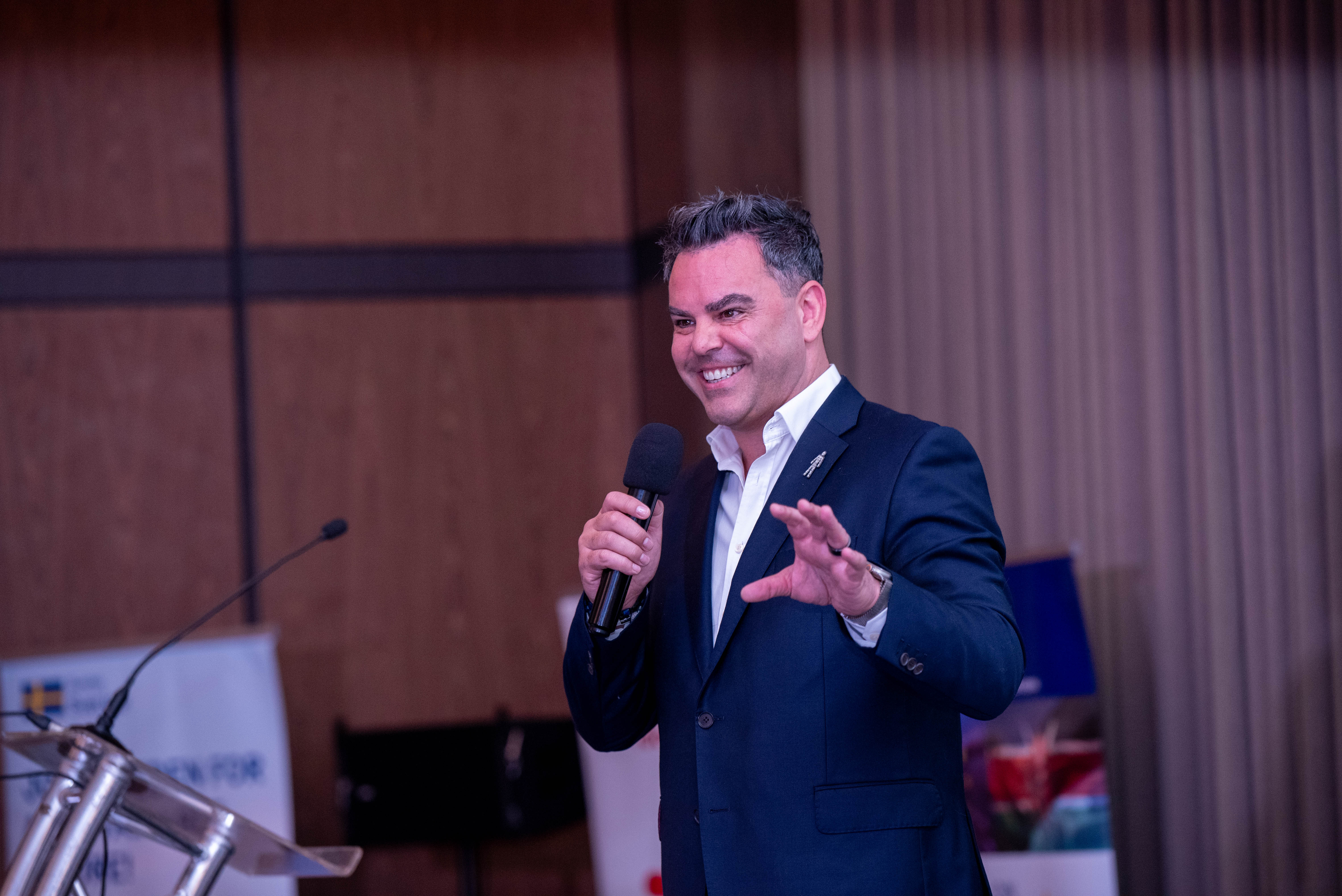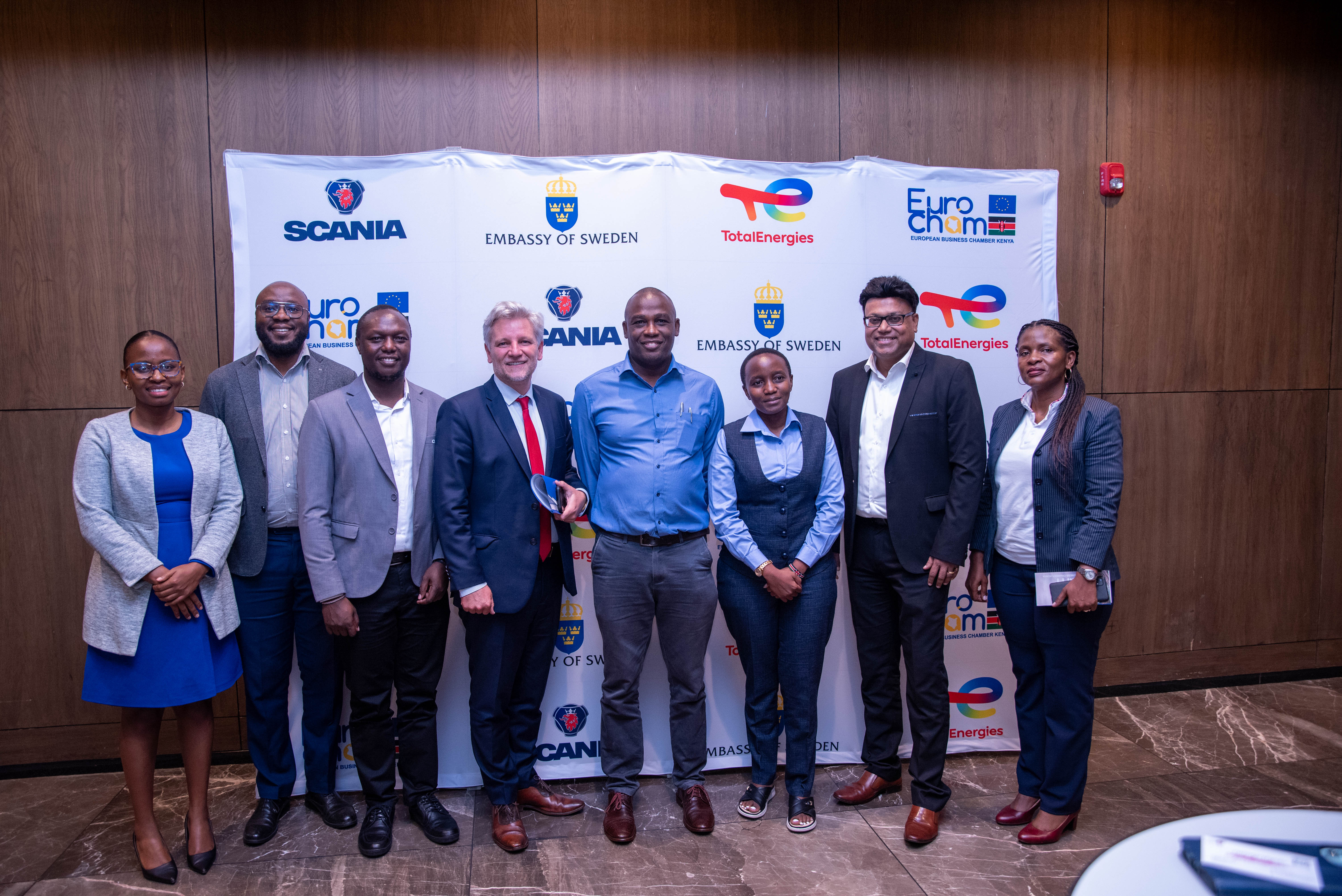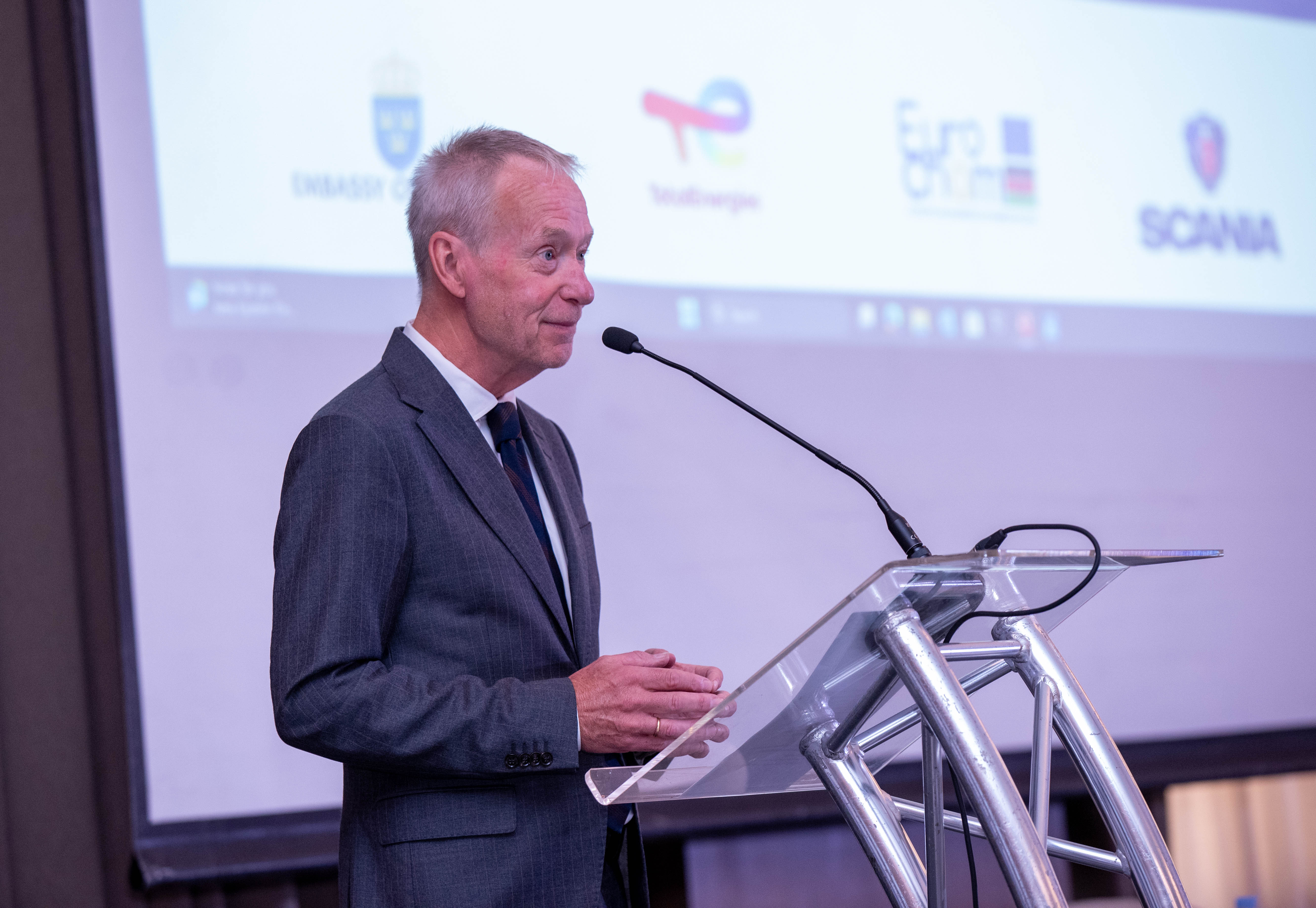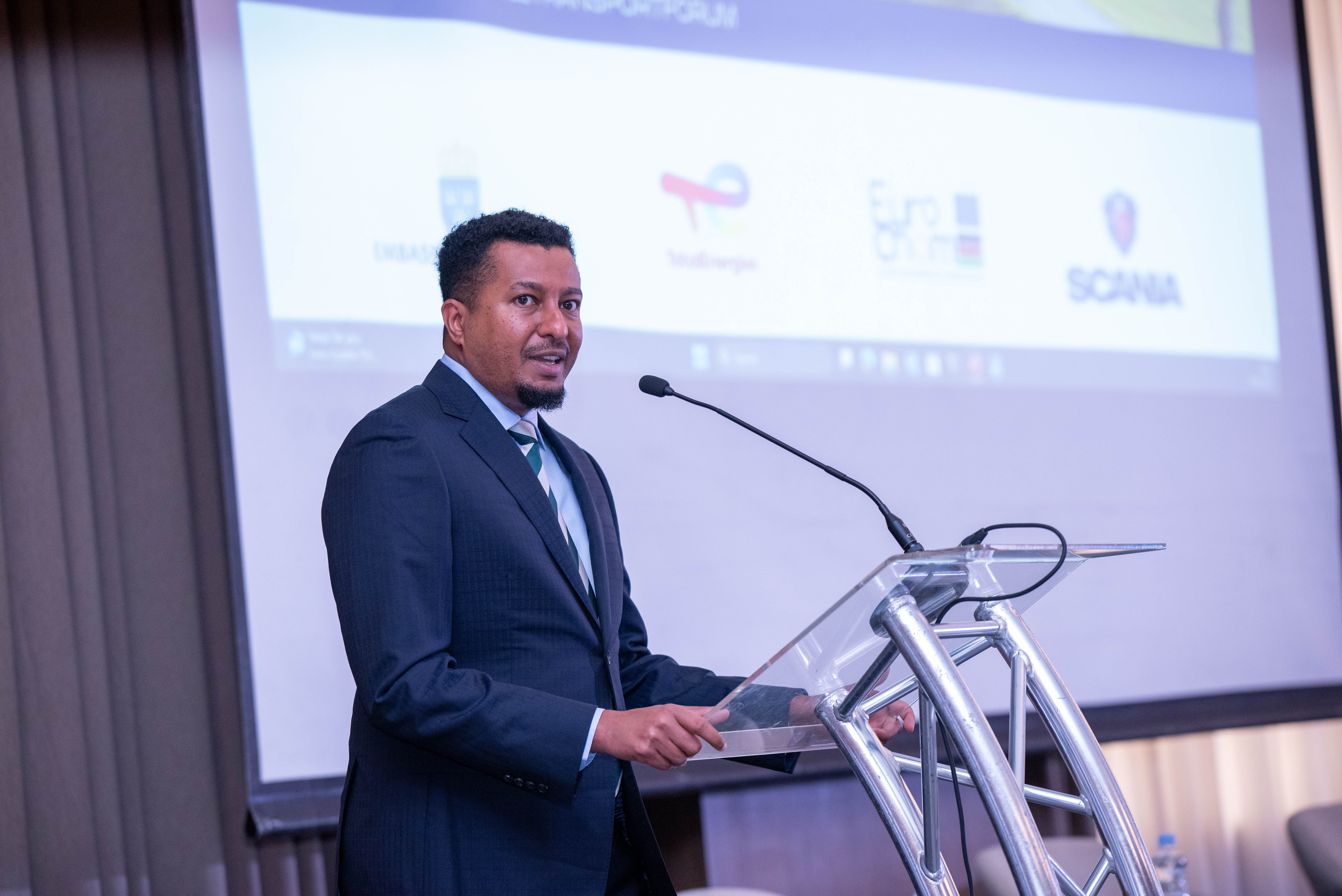
Transitioning Towards a Sustainable Transport System: Key Takeaways from the Sustainable Transport Forum
18 SEPTEMBER 2025
On 9th September 2025, industry leaders, government representatives, and partners convened in Nairobi for the Sustainable Transport Forum, a high-level dialogue exploring Kenya’s pathway to cleaner and more efficient mobility. The discussions centred on the theme “Transitioning Towards a Sustainable Transport System”, bringing together perspectives from policy, business, and technology.
Setting the Context
Opening remarks from H.E. Håkan Åkesson, Ambassador of Sweden to Kenya, underlined the urgency and opportunity of the green transition. He emphasised that while transport decarbonisation is a pressing necessity, it also presents an economic opportunity for innovation and competitiveness. Kenya’s Principal Secretary for Transport, Mr. Mohamed Daghar, highlighted the government’s policy strides in developing e-mobility, including the introduction of an e-mobility policy and a national urban transport policy. He noted the rapid increase in registered electric vehicles (EVs) – from under 500 a few years ago to over 14,500 today – even in the absence of a fully developed regulatory framework. This, he said, reflects strong demand from citizens and the private sector.
Scania’s Sustainability Journey
In his address, Vincente Connolly, Managing Director, Scania East Africa, traced Scania’s long-standing investment in the region and outlined the company’s sustainability roadmap. Scania is pursuing electrification as “Plan A, because there is no Plan B”, while also recognising the role of transitional solutions such as biogas, biodiesel, and compressed natural gas (CNG).
Key milestones shared included:
- A fully owned and directly invested presence in Kenya and Tanzania, backed by state-of-the-art workshop facilities in Syokimau powered by solar.
- Scania’s range of vehicles capable of running on renewable fuels and electrification.
- Case studies with partners such as Coca-Cola in Tanzania who have added a CNG powered truck to their fleet, and DHL Supply Chain in Kenya, who recently purchased 25 Euro 5 biodiesel-powered trucks, demonstrating practical application of low-emission technologies.
Highlights from the Panel Discussions
Panel 1: The Case for Sustainable Transport and Alternative Fuels in Kenya
Panellists from the Ministry of Transport, , and GIZ discussed opportunities and barriers in Kenya’s transition.
- Policy and Regulation: Government is developing legislative frameworks and incentives to accelerate EV uptake, while also exploring transitional fuels like biodiesel and biogas.
- Infrastructure Gaps: Charging networks remain limited, particularly outside Nairobi, creating uncertainty for heavy-duty vehicle adoption.
- Finance: High upfront costs remain a barrier, but innovative business models such as pay-as-you-drive are emerging.
- Holistic Approach: Speakers stressed the need to align sustainable fuels with broader operational improvements, such as better planning and modal shifts to rail.
Panel 2: Driving Change – The Road to Decarbonisation
This fireside-style session brought together Scania, TotalEnergies, , and theElectric Mobility Association of Kenya (EMAK).
- Industry Uptake: Moses Nderitu, Vice President, Electric Mobility Association of Kenya (EMAK)revealed that customer demand for electric buses is being driven as much by passengers as by operators, with a waiting list now stretching years.
- Partnerships in Action: TotalEnergies reported successful uptake of biodiesel in Kenya, with over one million litres sold and adoption by more than 15 companies.
- Collaboration as the Enabler: Speakers agreed that government, energy providers, and manufacturers must work together to enable proof of concept, scale infrastructure, and ensure affordability.
Key Takeaways
- Policy Foundations: Kenya is rapidly putting in place policies for e-mobility and sustainable fuels, but enabling legislation, insurance frameworks, and charging infrastructure are still works in progress.
- Industry Commitment: Private sector players, from logistics leaders to manufacturers, are already piloting and scaling cleaner technologies.
- Public Readiness: Uptake of EVs has exceeded expectations, signalling strong demand for cleaner alternatives.
- Scania’s Vision: By combining electrification with transitional fuel solutions and financing models, Scania positions itself as a trusted partner in decarbonising transport.
Looking Ahead
The Sustainable Transport Forum reinforced a simple truth: no single player can achieve decarbonisation alone. It requires deliberate partnerships, pragmatic policies, and real-world solutions that balance environmental ambition with economic viability.
As Kenya looks to introduce BRT lines, strengthen rail systems, and grow EV adoption, collaboration between government, business, and civil society will be critical. For Scania and its partners, the journey is already underway – with electrification as the destination, and transitional fuels as important steps along the way.



